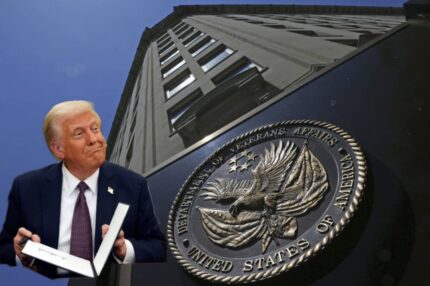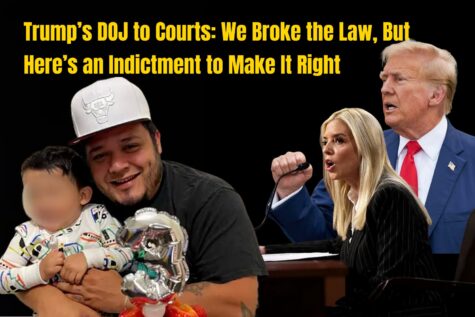In a contentious 6-3 decision, the United States Supreme Court has temporarily allowed former President Donald Trump to invoke a rarely-used wartime law—the 1798 Alien Enemies Act—to deport alleged Venezuelan gang members. The decision overturns a lower court’s injunction that had blocked the deportations pending further legal review.
The case involves five Venezuelan men whom the Trump administration alleges are members of the Tren de Aragua gang, a violent transnational crime syndicate. Trump’s legal team argued that the group’s activities constitute “irregular warfare” against the United States, allowing their removal under the wartime statute. While the court allowed deportations to proceed, it stipulated that migrants must still be granted an opportunity to challenge their removal through habeas corpus petitions, albeit in the appropriate jurisdiction—Texas, not Washington, D.C.
A Divided Bench and a Sharp Dissent
The Supreme Court’s decision was not unanimous. Conservative Justice Amy Coney Barrett notably broke ranks with the majority, joining the court’s three liberal justices in a strong dissent. The dissenting justices warned that the administration’s conduct posed “an extraordinary threat to the rule of law” and criticized the use of a wartime statute absent a formal declaration of war by Congress.
Justice Barrett and her liberal colleagues also raised concerns about the erosion of due process protections, arguing that the administration had maneuvered to avoid meaningful judicial scrutiny. Their dissent underscored the constitutional questions raised by employing a law last used during World War II in a context where no war has been declared.
Deportations Already Underway Amid Legal Disputes
Even before the Supreme Court’s ruling, the Trump administration had deported at least 137 individuals under the Alien Enemies Act. Immigration and Customs Enforcement (ICE) confirmed that flights carrying the alleged gang members to El Salvador had already occurred before the initial federal judge’s block was issued.
However, legal filings revealed that many of the deportees lack criminal records in the U.S., and rights groups claim that some were mistakenly targeted based on tattoos or nationality. Family members have also expressed concern that innocent men were swept up in the crackdown. An ICE official admitted in court documents that not all the deported individuals had verifiable U.S. criminal histories.
Rights Groups Respond with Alarm and Determination
The American Civil Liberties Union (ACLU), which brought the case on behalf of the migrants, expressed mixed emotions following the Supreme Court’s decision. While disappointed that the case must restart in Texas courts, the group emphasized that the ruling affirmed due process rights under the Alien Enemies Act. “The critical point is that the Supreme Court said individuals must be given due process to challenge their removal,” said ACLU attorney Lee Gelernt.
Human rights organizations and legal scholars have criticized the Trump administration’s invocation of the law as an unprecedented abuse of executive power. They argue that the act’s historical application was limited to wartime contexts involving officially designated enemy states—something that does not apply to Venezuela or the accused gang members.
Trump Celebrates Ruling Amid Broader Political Implications
President Donald Trump hailed the Supreme Court’s decision as a victory for American sovereignty and border security. “The Supreme Court has upheld the Rule of Law in our Nation by allowing a President, whoever that may be, to be able to secure our Borders, and protect our families and our Country, itself,” he wrote on Truth Social.
The ruling could have sweeping implications for immigration policy and executive authority, particularly as Trump continues to push a hardline agenda in his 2024 presidential campaign. Critics fear that the decision may embolden broader use of executive powers in immigration enforcement, while supporters view it as a necessary measure to curb gang violence and illegal entry.
As legal battles continue in lower courts, the country remains sharply divided on the balance between national security, immigration control, and constitutional rights.














